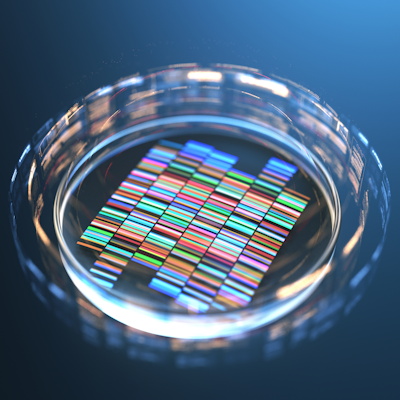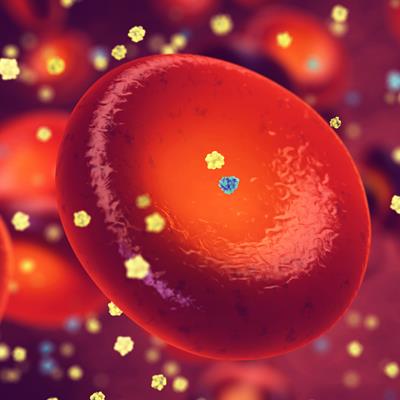 Researchers map RNA to inform selection of stem cells for therapeutic applications
Researchers map RNA to inform selection of stem cells for therapeutic applications
Creating maps of the RNA inside cells could improve cell therapies by enabling the isolation of subsets of cells with similar characteristics, according to a study published Friday in Cell Reports Methods. Read More
 Map of brain changes in Alzheimer’s reveals potential target cell for drug therapies
Map of brain changes in Alzheimer’s reveals potential target cell for drug therapies
A National Institute of Aging-backed project has released large-scale cellular and molecular information taken from more than 1.2 million neurons and other brain cells. Read More
 RNA molecules identified as potential ‘common driver’ of cancer progression
RNA molecules identified as potential ‘common driver’ of cancer progression
Moffitt Cancer Center researchers have challenged the widely held view that protein structure and function are the key drivers of cancer development. Their study found competitive endogenous RNA drive melanoma growth and metastasis by blocking the antitumor activity of other molecules. Read More
 Ribosome profiling expands pool of potentially protein-coding regions of DNA
Ribosome profiling expands pool of potentially protein-coding regions of DNA
Using ribosome profiling, researchers from 20 institutions worldwide have identified more than 7,200 previously unrecognized gene segments of the human genome that may code for new proteins. Read More
 Large DNA insertions in CRISPR-edited cells could increase cancer risk: study
Large DNA insertions in CRISPR-edited cells could increase cancer risk: study
CRISPR-Cas9 can cause large rearrangements of DNA through retrotransposition to theoretically trigger tumor development, according to a paper published in Nature Communications. Read More
 Beta cell gene deletion stops type 1 diabetes in mice, suggesting new way to prevent disease
Beta cell gene deletion stops type 1 diabetes in mice, suggesting new way to prevent disease
Deleting a proinflammatory gene in the beta cells of pre-diabetic mice stops the development of type 1 diabetes, pointing to a potential way to prevent the condition, according to a study published on June 28 in the journal Cell Reports. Read More
 Tokyo team challenges 10x Genomics with new single-cell RNA sequencing method
Tokyo team challenges 10x Genomics with new single-cell RNA sequencing method
Researchers have developed a single-cell RNA sequencing method that is designed to tackle the cell sampling bias of existing techniques and deliver high-precision data, according to a paper published on June 27 in Nature’s Communications Biology journal. Read More
 Biotech innovator recounts decades-long journey to create drug discovery technology
Biotech innovator recounts decades-long journey to create drug discovery technology
Dr. Stan Crooke, PhD, founder, chairman, and chief executive officer of RNA therapy company Ionis Pharmaceuticals, pioneered development of the antisense technology platform and created one of the largest, most advanced pipelines in the biotech industry. Crooke shared his story in an interview with ScienceBoard.net. Read More
Conferences
Science Briefs
Member Rewards
Earn points for contributing to market research. Redeem your points for merchandise, travel, or even to help your favorite charity.
Research Topics
Interact with an engaged, global community of your peers who come together to discuss their work and opportunities.
Conferences
Connect
Tweets by @ScienceBoard






